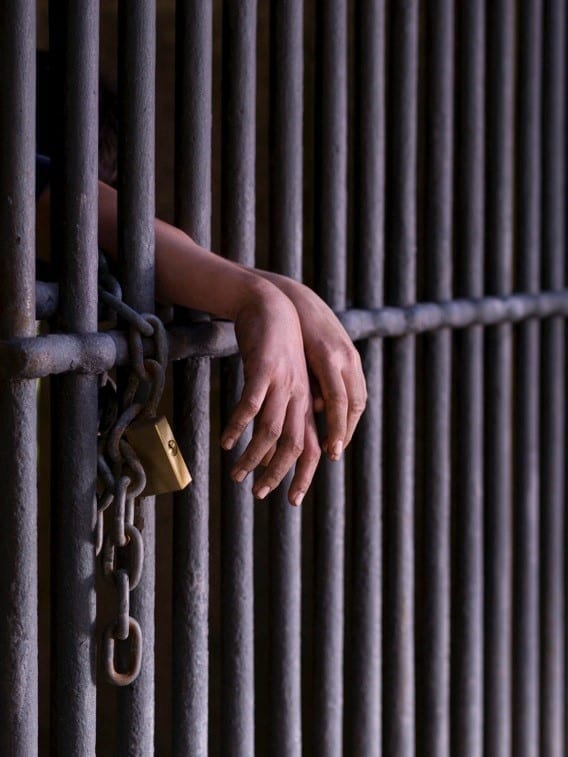Bill to Increase Sentences for Weapons, Decrease Them for Drugs
The debate over drug crimes in America still invokes big emotions, and can bring progress to a standstill amongst lawmakers. You may have seen the news reports last month about Illinois lawmakers who failed to move a bill forward due to its attempt to shorten drug sentences.
Well, that bill has since been amended, and now it may move forward to the governor’s desk within the next few weeks.
What Exactly Does the Bill Propose?
SB1722 was originally introduced to the Senate in March, and while the bill did have some support, it ultimately stalled. The bill’s main focus revolved around increasing penalties for repeat weapons crime offenders. It includes the following proposals:
- “When a person is convicted of unlawful use or possession of a weapon by a felon, when the weapon is a firearm, and that person has been previously convicted of a qualifying predicate offense, the person shall be sentenced to a term of imprisonment within the sentencing range of not less than 7 years and not more than 14 years”
- “When a person is convicted of aggravated unlawful use of a weapon, when the weapon is a firearm, and that person has been previously convicted of a qualifying predicate offense, the person shall be sentenced to a term of imprisonment within the sentencing range of not less than 6 years and not more than 7 years”
In general, lawmakers didn’t seem to take issue with those changes. However, the parts of the bill that address drug crime sentencing caused some unease with lawmakers and in the governor’s office. It also became a main focus of reporters and constituents. Specifically, the original bill proposed the following:
- Reducing Class 1 felony possession charges to Class 2 or Class 3
- Expanding the eligibility for drug probation programs, as well as educational, vocational, and similar programs to help incarcerated individuals reduce their sentence
- Reducing period or allowing termination of mandatory supervised release for certain drug offenses
- Reducing “protected areas” that increase drug crime penalties
Not all of these reforms were popular with the Senate, so the bill was amended. The amendments include taking out reforms that would have lowered sentencing or classifications based on the charge. (Say goodbye to bullet point number one.)
These changes were apparently enough, as the bill recently passed in the Senate. After a two-week hiatus, it will head to the House. If it passes there, it will then make its way to the governor’s office.
If you have an opinion either way on SB1722, now is the time to give your local representative a call.
Replacing Drug Criminals with Violent Criminals in Prisons?

Unlawful possession of a weapon and drug possession are two separate charges that don’t always go hand in hand. So why are they addressed in the same bill?
The War on Drugs is still raging on. Prisons are overcrowded due to the lengthy sentences and high volume of people in jail for drug offenses. How high? Close to half of all prisoners are behind bars for drug crimes, compared to around 17% who are there for crimes that involve weapons or explosives.
While harsher sentences are imposed for people caught distributing, manufacturing, or trafficking drugs, possession charges are still serious. Repeat drug offenders are subject to sentence increases like any other kind of repeat offender.
With drug offenders taking up so much of our prison space, violent offenders are often given probation or a shorter prison sentence for the simple fact that there isn’t room for them. Not surprisingly, this concerns citizens, lawmakers, and law enforcement officers. In fact, SB1722 is supported and has been pushed by Chicago Police Superintendent Eddie Johnson.
It’s not just law enforcement officers who are looking to change the way drug crimes are sentenced in this country. When Barack Obama was in office, he started an important conversation about the impact of the War on Drugs on America’s prison population, and who should be the priority in criminal justice sentencing. During his term in office, he pardoned more people for nonviolent drug crimes than any other President in American history.
What Does the Future of Criminal Sentencing Look Like?

While the Obama administration and the changing laws of the past few years brought optimism to those who have been severely affected by the War on Drugs, it is hard to say what will happen under the new administration. Attorney General Jeff Sessions is notorious for his harsh views on drug crimes, and Donald Trump has made promises to be a “law and order” president, which is a common term used by supporters of the War on Drugs and its harsh sentences for drug crimes.
Keep an eye on SB1722. If you are afraid that you may be charged with weapons or drug crimes, the bill may have an impact on your future. Talk to a Chicago criminal lawyer to learn more about criminal sentencing and how you can fight to get your charges dropped.
About the Author:
Andrew M. Weisberg is a former felony prosecutor who now serves as a defense attorney in the greater Chicago area. He has extensive experience in handling all types of criminal cases, from sex offenses and domestic violence to retail theft-related crimes, murder, and drug crimes.







 Blog Home
Blog Home 










